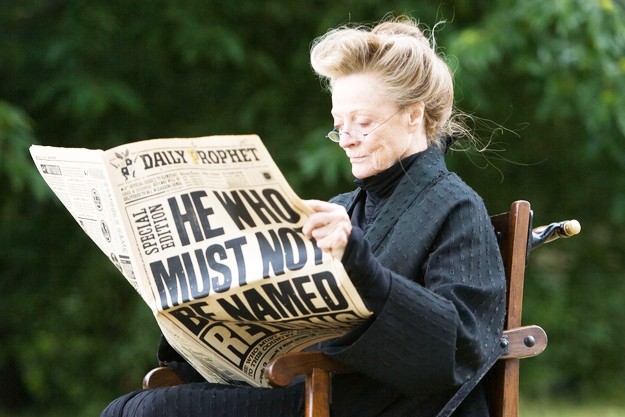It’s official: 2016 is the year of ‘post-truth’

Dear Concordia News Boss,
So, the public relations bawds at Oxford have been at it again, hey? I know I whined to you about this last year, but it’s hard to imagine a corporate team more hopped-up on Survey Monkey, froyo, and free infographic software than the Oxford wordsmiths.
This time, they’ve chosen “post-truth” as the word of the year.
In a Politifacts pants-on-fire age, I guess it seems apropos.
In The Lexicographer’s Dilemma, however, Jack Lynch cautions against the kind of nostalgia words like “post-truth” imply. Wry Jack likens scoldy, tsk-ing phrases-of-the-moment to those days “when boys had respect for their elders, when girls dressed decently, and when music still sounded like music.”
Satisfying, yes, but accurate? Probably not.
For when, exactly, was the age of truthiness? (Don’t renege: you promised me one word like this every six months!)
Sometime, way back when, before the world went to hell, and everyone stuck to the facts, ma’am, and just the facts? Richard Nixon? Joe McCarthy? Andrew Jackson? You see what’s on my mind.
No such time or land ever existed. If it had, the humanities wouldn’t have been necessary.
But they are. And their added value lies in the way they exist, for guys like The Washington Post’s pet scapegoater George Will, as scratchy under-the-saddle burrs to Plain Good Common Sense. Lefty ideas! Literature! Fornication! Talking goats! Tie a stone around their necks and see if they float!
Will is one of those writers whose blunt but sensitive nose for popular brimstone is matched only by his capacity for manipulating the hidden warrants that tie a claim to data.

Here’s a book that every person over the age of 12 ought to have to read: Practical Reasoning in Natural Language by Stephen Naylor Thomas.
It’s a lovely, readable little book, complete with handy exercises. Buy it for everyone you know this holiday season. I’ve already sent a copy to George Will. He’ll love it so much he’ll ask me to dinner. (I’m an excellent dinner companion, as you know, News Boss. George and I’ll have a few good laughs and part fast friends.)
Back to Stephen Naylor Thomas, who’s too busy lifting real brain weights to come to dinner. Like all good writers, in a single sentence he blows through all the cultural bafflegab implied by meaningless, deceptive words like “post-truth”:
“Carefully using genuinely effective and reliable methods to determine which claims to believe and which actions to perform is ‘critical thinking’.”
It’s not up to the world to hand us the truth. Expecting people in positions of power to tell you the truth is a childish expectation. It’s up to us to develop our judgement and reason and make decisions that follow.
Read widely. Think clearly. Judge reasonably. Don’t waste too much time wishing for things that never were or will be.
Laura Dunbar teaches composition and rhetoric in the Faculty of Arts and Science. Find out more about writing courses at Concordia.


